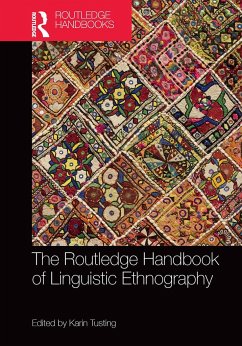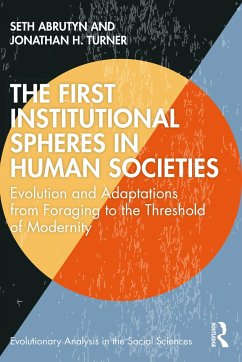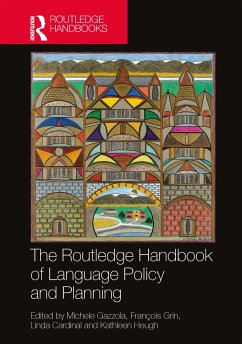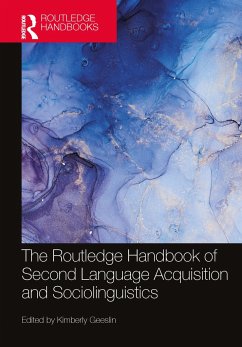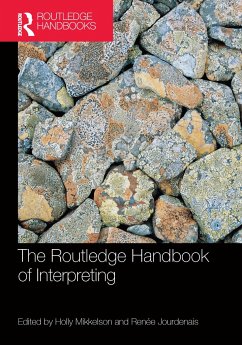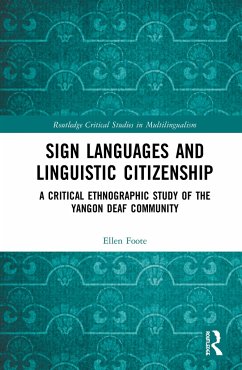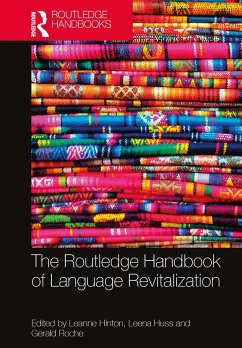
The Routledge Handbook of Language and Emotion
Versandkostenfrei!
Versandfertig in 6-10 Tagen
48,99 €
inkl. MwSt.

PAYBACK Punkte
24 °P sammeln!
The Routledge Handbook of Language and Emotion offers a variety of critical theoretical and methodological perspectives that interrogate the ways in which ideas about and experiences of emotion are shaped by linguistic encounters, and vice versa. Taking an interdisciplinary approach which incorporates disciplines such as linguistic anthropology, sociolinguistics, applied linguistics, psychology, communication studies, education, sociology, folklore, religious studies, and literature, this book:explores and illustrates the relationship between language and emotion in the five key areas of langu...
The Routledge Handbook of Language and Emotion offers a variety of critical theoretical and methodological perspectives that interrogate the ways in which ideas about and experiences of emotion are shaped by linguistic encounters, and vice versa. Taking an interdisciplinary approach which incorporates disciplines such as linguistic anthropology, sociolinguistics, applied linguistics, psychology, communication studies, education, sociology, folklore, religious studies, and literature, this book:
explores and illustrates the relationship between language and emotion in the five key areas of language socialisation; culture, translation and transformation; poetry, pragmatics and power; the affective body-self; and emotion communities;
situates our present-day thinking about language and emotion by providing a historical and cultural overview of distinctions and moral values that have traditionally dominated Western thought relating to emotions and their management;
provides a unique insight into the multiple ways in which language incites emotion, and vice versa, especially in the context of culture.
With contributions from an international range of leading and emerging scholars in their fields, The Routledge Handbook of Language and Emotion is an indispensable resource for students and researchers who are interested in incorporating interdisciplinary perspectives on language and emotion into their work.
explores and illustrates the relationship between language and emotion in the five key areas of language socialisation; culture, translation and transformation; poetry, pragmatics and power; the affective body-self; and emotion communities;
situates our present-day thinking about language and emotion by providing a historical and cultural overview of distinctions and moral values that have traditionally dominated Western thought relating to emotions and their management;
provides a unique insight into the multiple ways in which language incites emotion, and vice versa, especially in the context of culture.
With contributions from an international range of leading and emerging scholars in their fields, The Routledge Handbook of Language and Emotion is an indispensable resource for students and researchers who are interested in incorporating interdisciplinary perspectives on language and emotion into their work.






